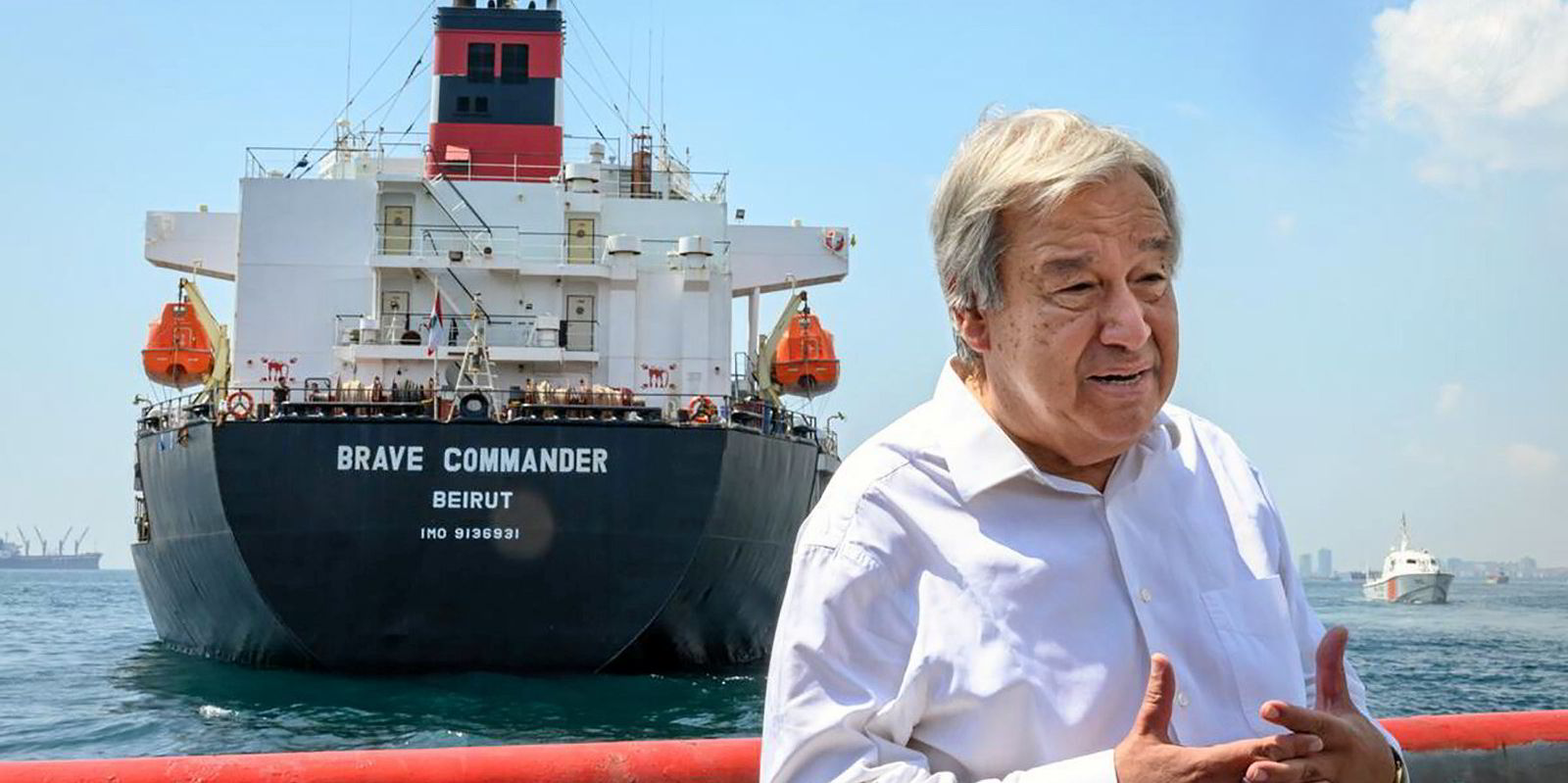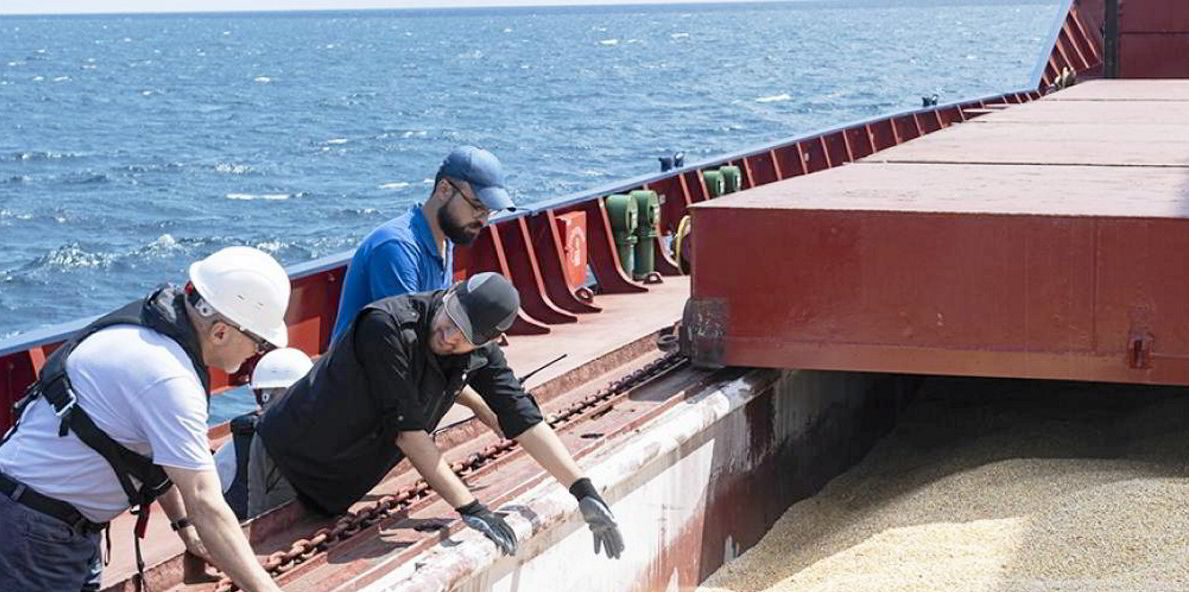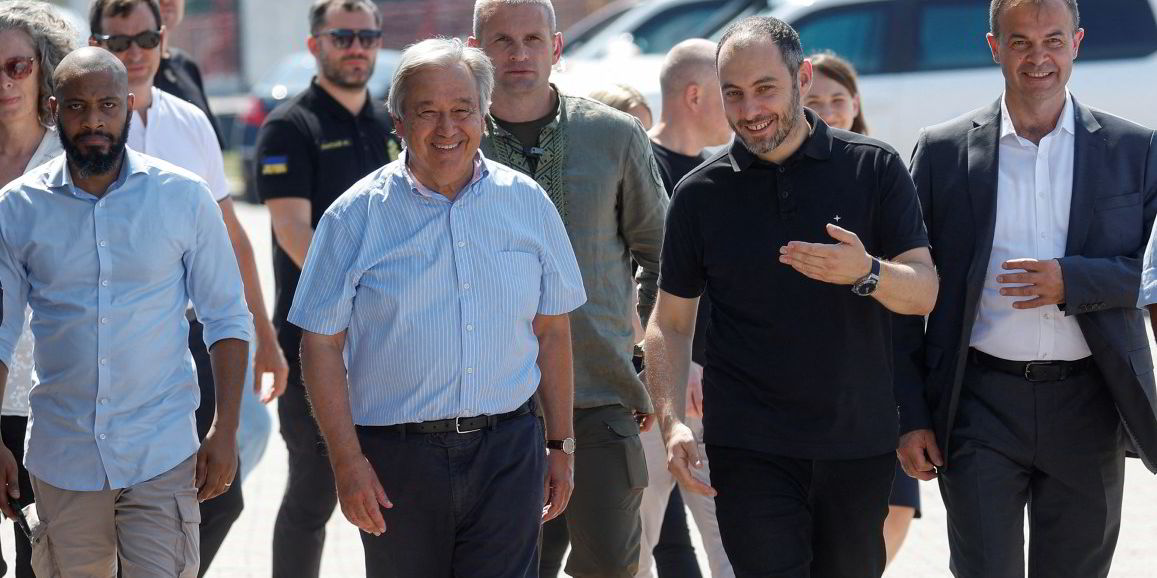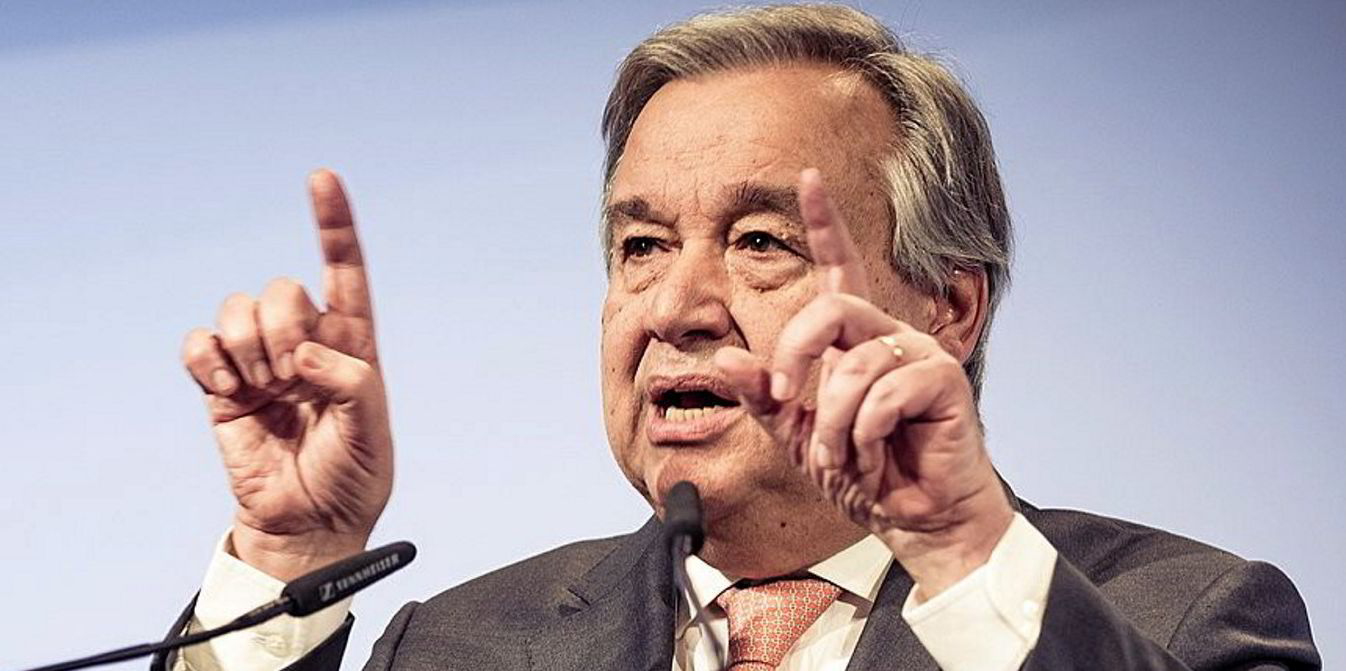Ever since Russia invaded Ukraine 12 months ago, the two enemies have been cooperating in just two things: prisoner exchange and the Black Sea Grain Initiative (BSGI).
That alone says a lot about how important shipping is to keep the world going.
Land transport has never been a real option to get Ukrainian grain to world markets and earn the country badly needed foreign exchange.
Russia, on the other hand, plays along to win sympathies in the poor countries that depend on low food prices.
It also offers Moscow some insurance that its own controversial foodstuff exports from Ukrainian territory it occupies won’t be impeded.
Operating out of Istanbul since 1 August, the United Nations-brokered scheme first saw ships trickling, then flooding in.
According to UN figures as of 20 February, BSGI ships made 737 voyages out of the three Ukrainian ports covered by the initiative — Chornomorsk, Odesa and Yuzhny/Pivdennyi.
They carried nearly 22m tonnes of corn, barley, wheat, soybeans, peas, rapeseed and sunflower oil, restoring about 70% of Ukraine’s pre-war exports.
That’s higher than initial expectations and it isn’t hard to see why.
Charterers pay twice as much for vessels in the Black Sea than in other parts of the world.
Doric Shipbrokers, an Athens-based dry bulker specialist, reported on 17 February a 58,000-dwt supramax earning $17,000 per day for a spot trip to Bangladesh via Ukraine, compared to an average $8,250 per day for spot fixtures reported elsewhere.
The more ships sailed safely through the corridor and the more freight rates slumped in other trades, the more attractive the BSGI became.
One sign of this is that owners do no longer hesitate to send some of their youngest vessels to the Black Sea.
The average age of BSGI ships has been dropping steadily — from 21.5 years in September last year to 16.7 years this month, according to a TradeWinds analysis of UN data.
When the scheme began, most vessels trading in it could be described — harshly, but not entirely unfairly — as ‘old buckets’.
Since late January, however, even bulkers built as recently as in 2022 have started taking part, like KN Maritime’s 40,000-dwt Danae, Densay Shipping’s 63,900-dwt SSI Vigilant and Evalend’s 82,400-dwt Tutor.
Thanassis Martinos-controlled Eastern Mediterranean Maritime (Eastmed) has been the biggest single player, deploying 17 ships on 19 voyages that carried 1m tonnes of Ukrainian agricultural product — nearly 5% of the entire BSGI volume.
Greek-managed companies in total have transported 12.38m tonnes — more than half the entire trade.
Vulnerable creature
Not everyone, however, has the same risk appetite.
Star Bulk Carriers and Maran Dry Management had four bulkers stranded in the country.
Once the BSGI got up and running, they loaded up their ships, left and have not returned since.
Despite its successes, the BSGI is fragile.
Being subject to regular renewals, the next of which is due in mid-March, makes it an easy hostage for horse trading and grandstanding.
Highlighting such risks, Russia already once briefly pulled out of the scheme at the end of October after accusing Ukraine of sending drones through the corridor to attack its warships.
Ukraine, which never directly refuted the Russian claim, accused Moscow in turn of dragging its feet ever since, ordering Russian inspectors in Istanbul to vet ships slowly and causing a backlog of more than 140 ships in the Bosphorus.
By sustaining the largest part of Ukraine’s pre-war food exports, the BSGI has indeed succeeded in preventing world food prices from spiralling out of control.
Its stated aim of serving the world’s poor, however, is open to debate.
The United Nations World Food Programme (WFP) has chartered just 16 out of the 700-odd ships that used the corridor.
According to UN’s own figures, just about one fifth of the Ukrainian foodstuffs exported under the scheme is directly shipped to “developing” or “lower-middle income” countries.
The single biggest direct recipients have been China and Spain, followed by Turkey and Italy.
Countries like Bangladesh and Yemen trail far behind.
Sending more grain to poorer countries is unlikely to be the main subject of negotiations to renew the deal that started this week.
Ukraine wants more of its ports to be allowed to take part.
Russia, by contrast, is more interested in seeing the West ease some sanctions against its own products.






